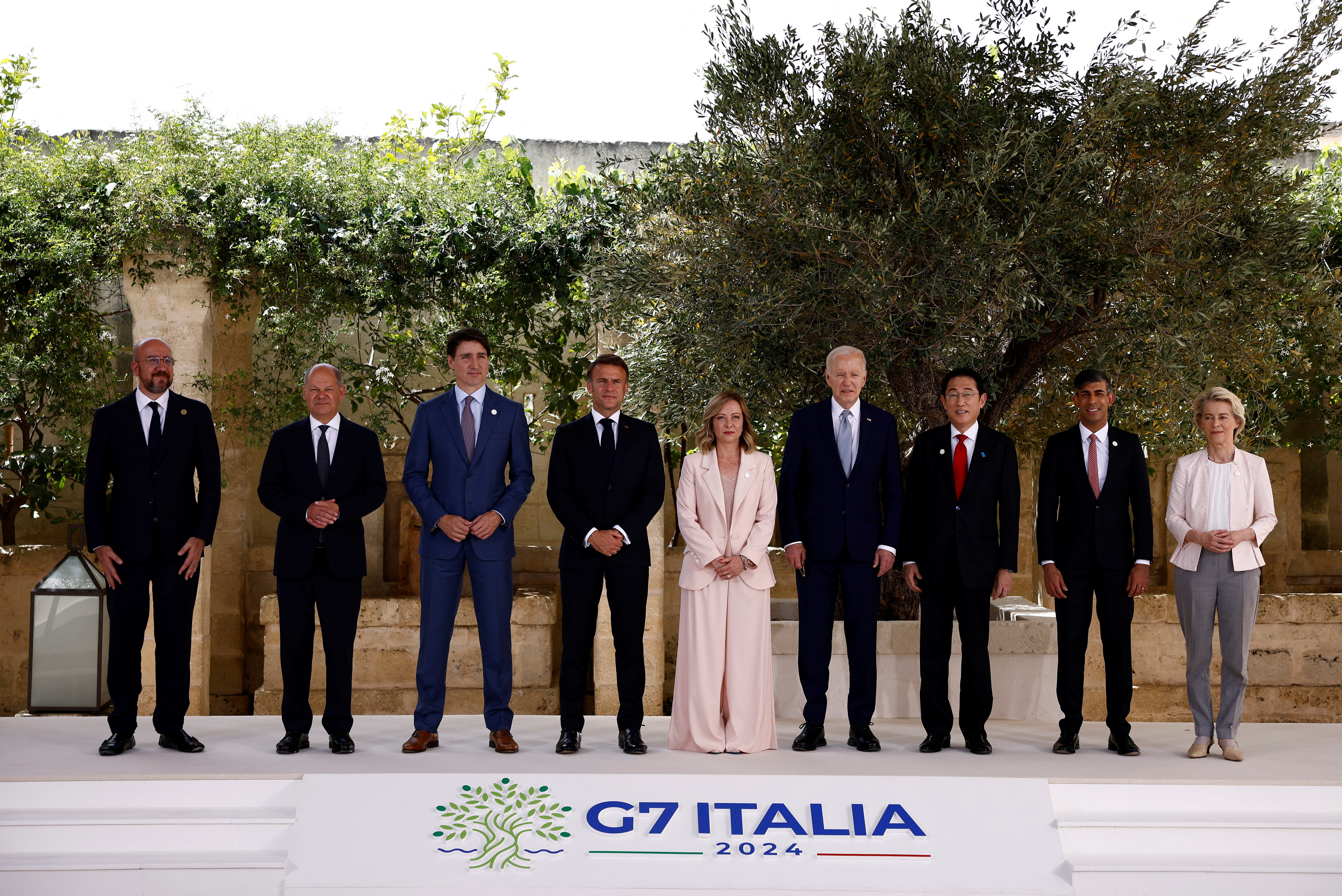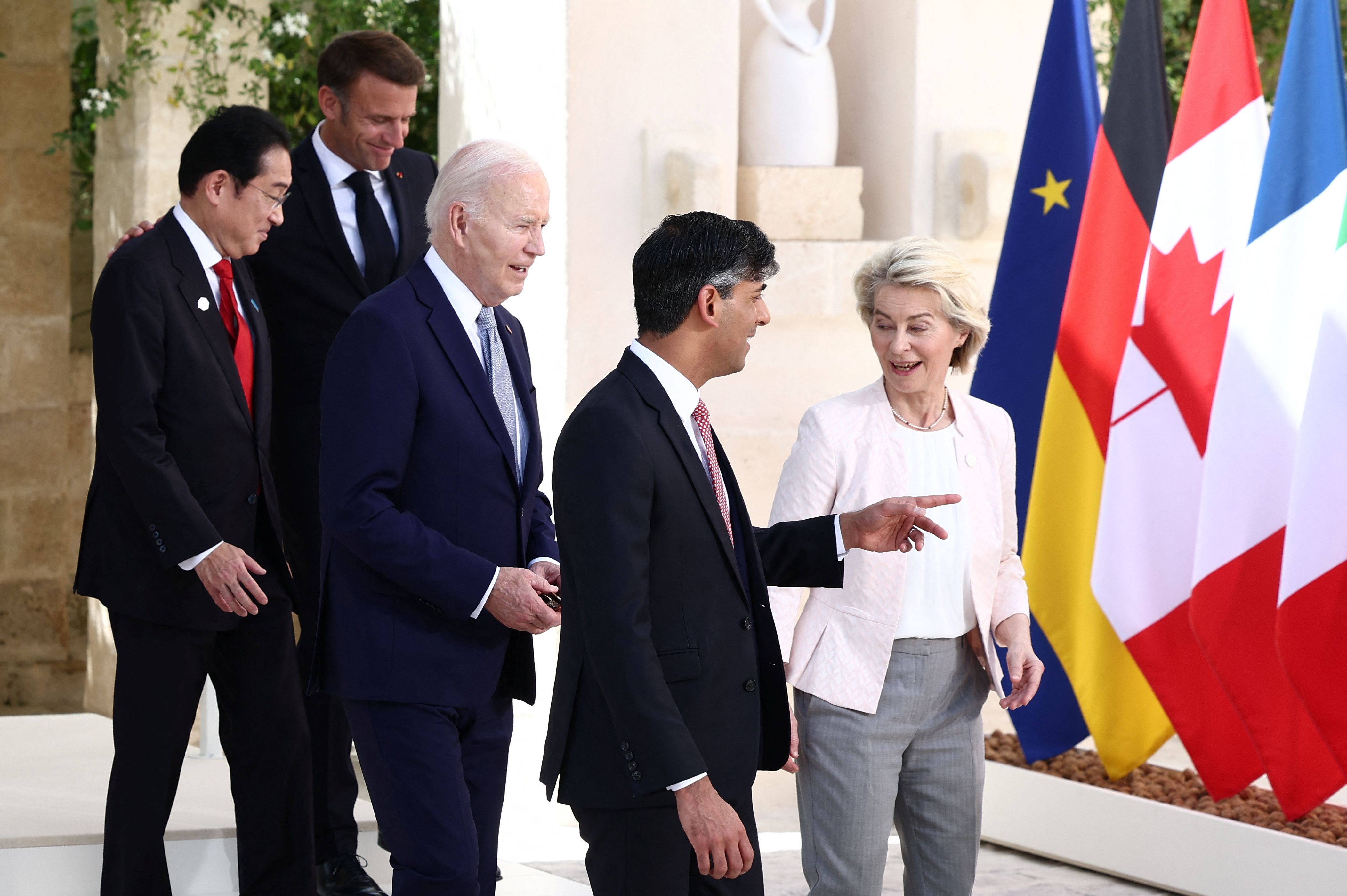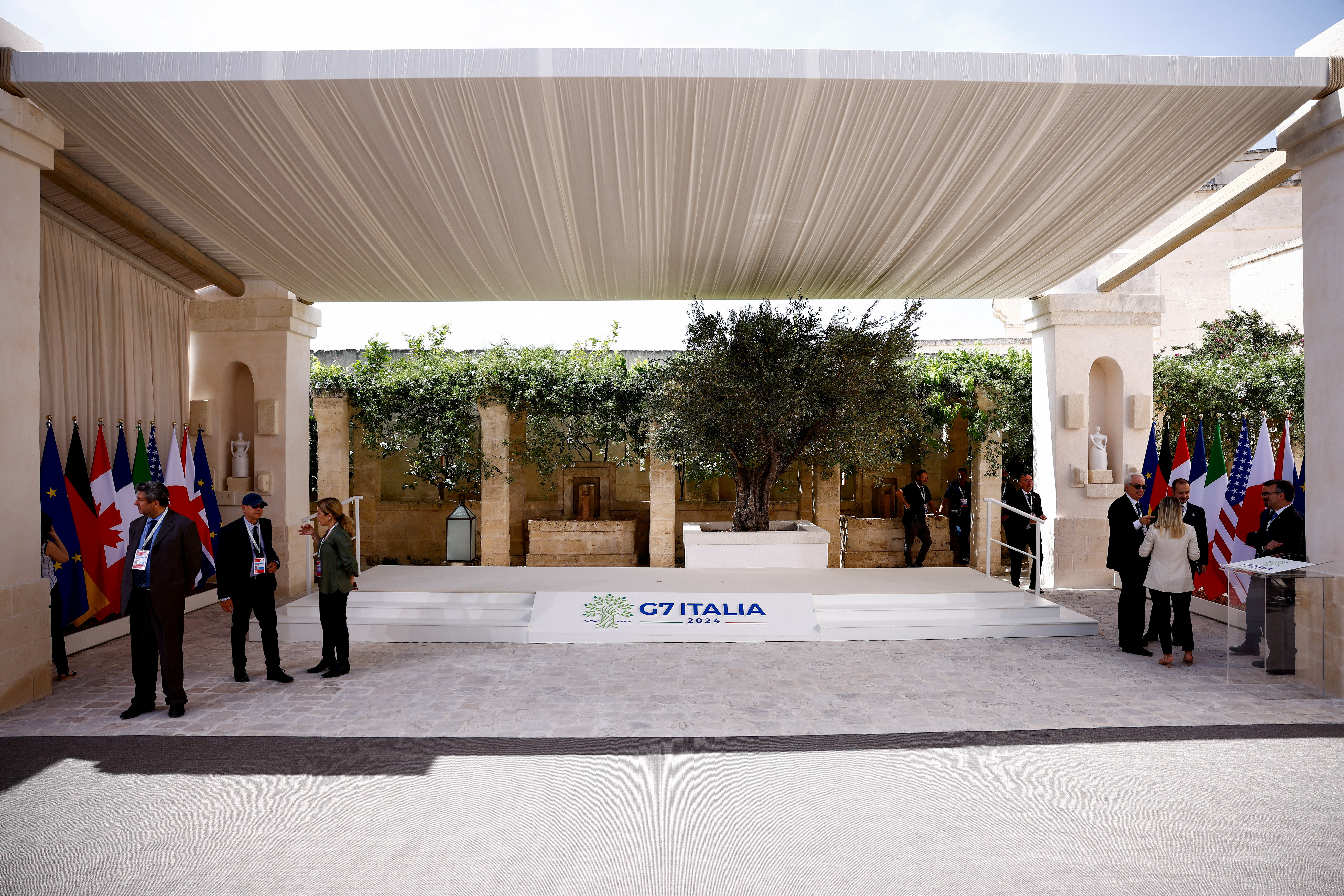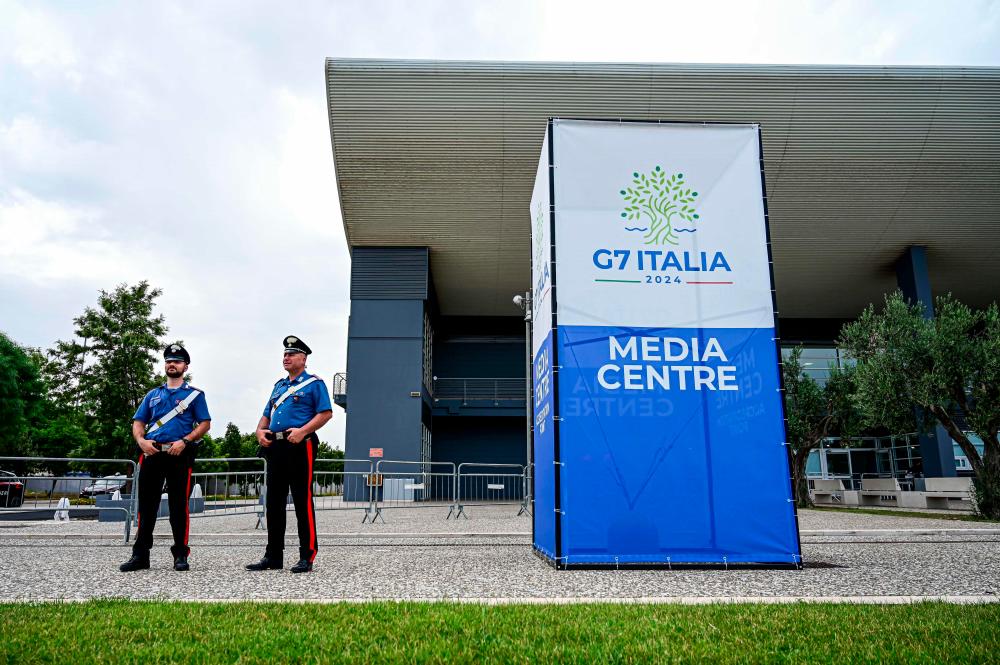The Group of Seven (G7) major industrialized nations convened in southern Italy for their annual summit, facing a confluence of global challenges. Despite domestic political headwinds, they emerged united in their commitment to bolster Ukraine and address critical international issues.

Financial Support for Ukraine: A central theme of the summit was the financial lifeline extended to Ukraine. The G7 reached an agreement in principle to provide $50 billion in loans, a critical infusion of resources to sustain Ukraine’s fight against Russia’s invasion. These funds will be generated from interest accrued on frozen Russian assets seized in response to the aggression. The plan outlines a multi-year loan program, with technical details to be finalized in the coming weeks. The long-term nature of the loan program is a signal of the G7’s commitment to seeing Ukraine through the conflict and beyond.

U.S. Leadership and Long-Term Security for Ukraine: The United States played a central role in securing the $50 billion commitment, pledging up to $50 billion itself. This significant contribution acknowledges concerns about potential changes in U.S. policy if Republican candidate Donald Trump prevails in the upcoming presidential election.
READ ALSO: https://thecrux.com.ng/g7-proposes-using-frozen-russian-assets-to-finance-ukraine/
To solidify Ukraine’s security posture beyond the immediate crisis, Ukrainian President Volodymyr Zelenskiy’s presence at the summit underscored Ukraine’s ongoing need for support. His signing of security agreements with the U.S. and Japan signifies a long-term commitment from these major powers to Ukraine’s defense.

Addressing Global Issues Beyond Ukraine: The G7 summit agenda extended far beyond the immediate crisis in Ukraine. The leaders voiced concerns about the ongoing tensions on the Israel-Lebanon border and the Gaza Strip, endorsing efforts to secure a ceasefire and urging Israel to exercise restraint. They also acknowledged the challenges posed by China’s economic influence and pledged to collaborate on initiatives to assist African nations in their economic development. This broader focus reflects the G7’s recognition of their interconnectedness with the wider world and their responsibility to address pressing global issues.

A More Inclusive Approach to Global Challenges: In a departure from past summits, this year’s gathering featured a wider range of participants. Pope Francis delivered a keynote speech on the risks and potential of Artificial Intelligence, highlighting the ethical considerations of emerging technologies. Additionally, leaders from India, Brazil, and Africa were invited to contribute their perspectives. This move towards a more inclusive strategy reflects the G7’s understanding that global challenges necessitate cooperation from a broader range of stakeholders.










